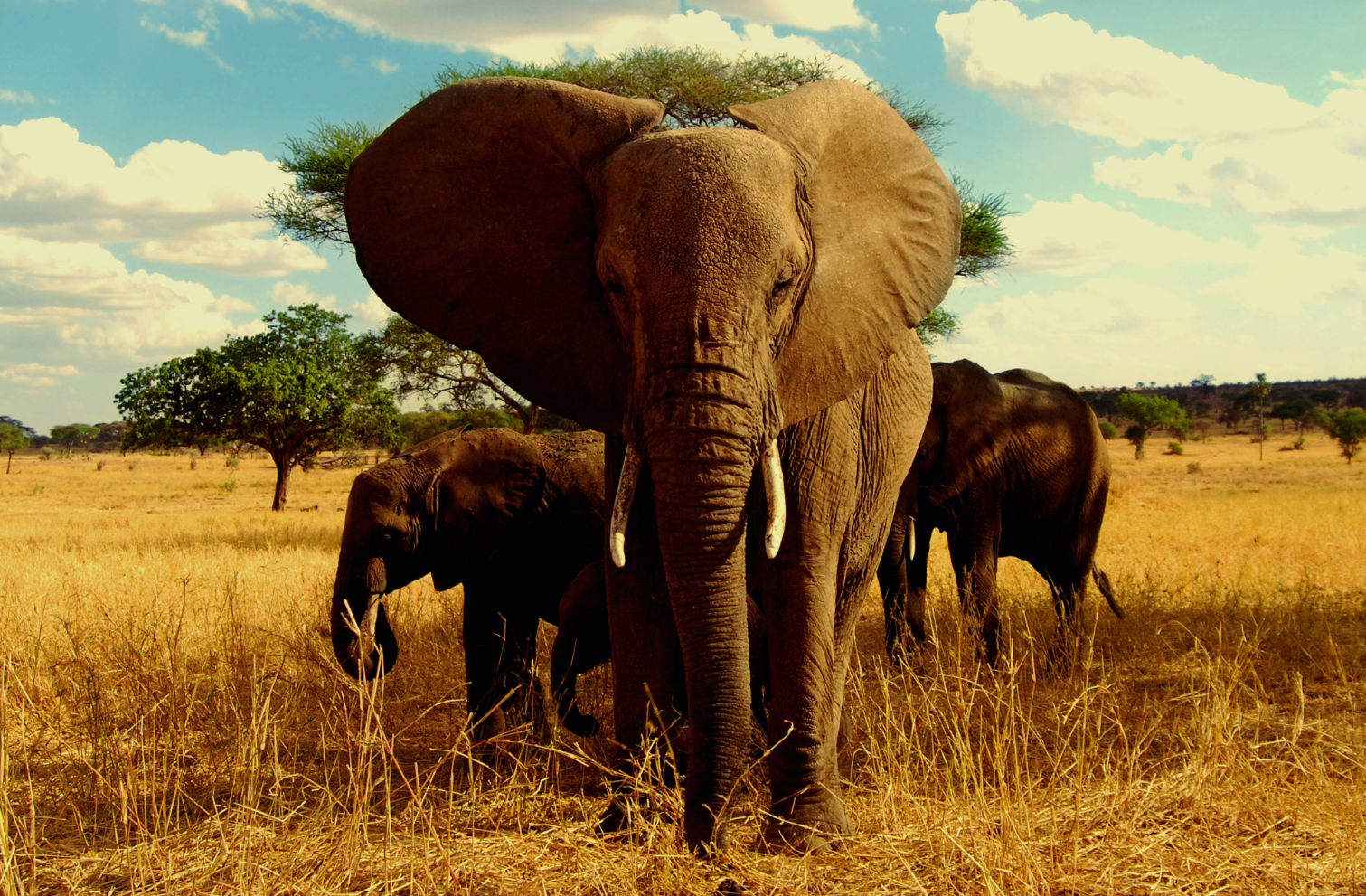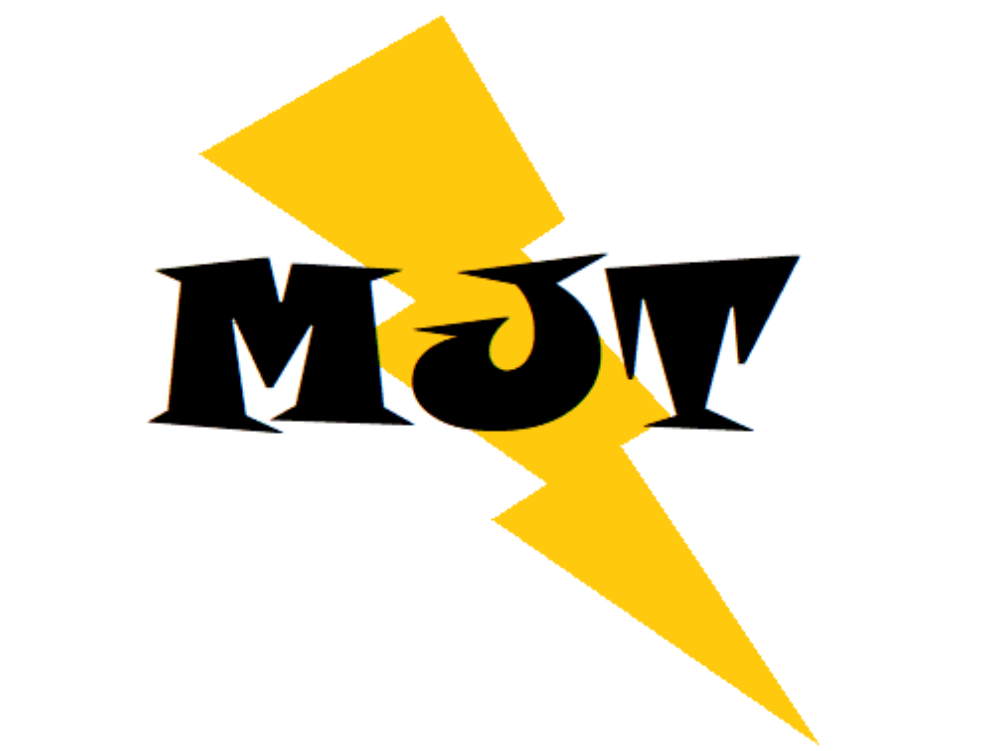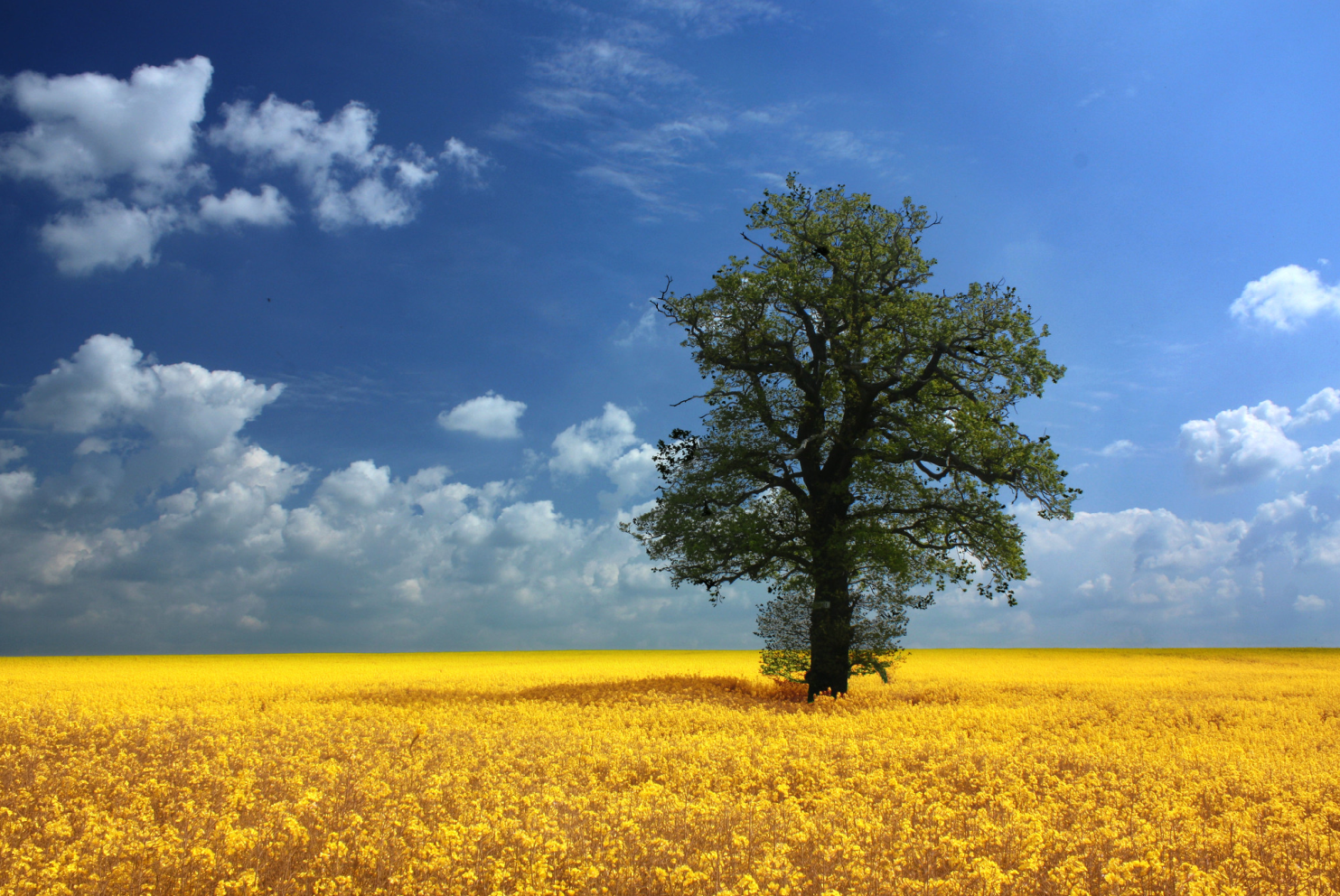
Keeping Things In Check
The outside presents opportunities for both adventure and sight seeing. I think it also presents an opportunity for learning. One example of this comes from an article I read recently about the role of older males in elephant groups and their positive impact on the behavior and development of younger males.
The realisation of the importance of the social ecology of male elephants and the role of older males in their society came at a considerable cost when wildlife areas in South Africa, that had introduced young Kruger cull orphans without the social structure of older individuals, lost an incredible amount of rhino due to male adolescent elephant attacks. These young males were hitting puberty and immediately going into musth (a condition not generally experienced until a male elephant is in this mid to late twenties) as there were no older bulls to suppress it.
https://africageographic.com/stories/bull-elephants-their-importance-as-individuals-in-elephant-societies/
Coming into premature musth, they sought out reproduction opportunities, and when the young female elephants showed no interest they turned their attention to rhinos; these unusual interactions turned aggressive which often resulted in the death of the rhino. The introduction of older bulls into these areas soon put a stop to most of this ‘delinquent’ behaviour (Slotow et al. 2000; Slotow & van Dyk 2001).
This period of adolescence is one of enormous change for young males, hitting puberty at the average age of 14 years (Short, Mann & Hay 1967; Lee1986) and becoming independent of their herd by their early twenties (Poole1989). It is a time of transition for bulls from leaving their herd to joining bull society.
Not only are they leaving their natal herd, but they are also leaving their natal area (Moss 1988), and so the knowledge of where to go for food and water –which they will have learned during their time with their herd – will be of limited use to them as they explore new areas.
How best do you learn where resources are in these new areas? Perhaps the easiest way to learn is from those that have thrived there – the larger, and therefore older, bulls that show by their physical presence that they know where good resources are.
Do we as humans each have a role to play in family and society based on who and what we are? Perhaps we could consider adding what the outside has to teach us about the answer to this question to the resources we look to for knowledge.
Easter Egg #1: Elephants for Africa (Research group dedicated to the survival of the African elephant through research, education, and improvement of human-elephant co-existence).
Easter Egg #2:


